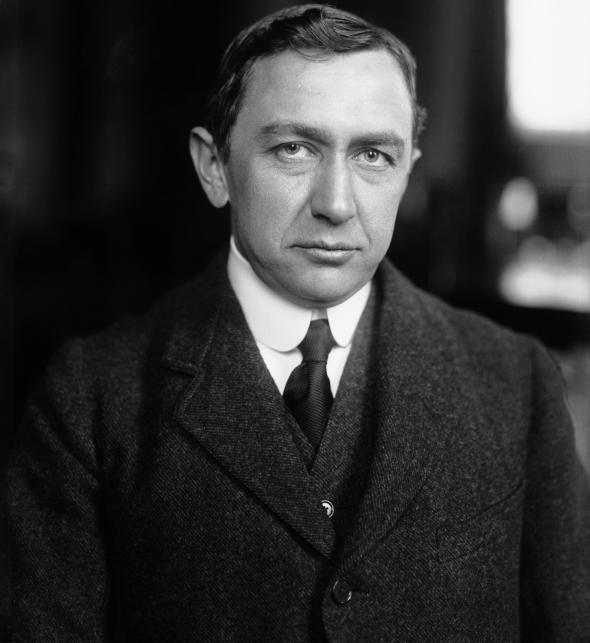The Ivy Lee Method: The Daily Routine Experts Recommend for Peak Productivity
Have you ever heard of the acronym KISS, keep it simple stupid? If not then this post may be for you.
Likely you have heard me lament in previous writings on my desire and drive to find things that I can build repeatable processes around not only to help in managing client assets and wealth management planning but also in my personal life as my wife and I raise our four children.
James Clear is a bit of a productivity freak himself which he delves into during his weekly posts. In one of his recent writings, he discusses the Ivy Lee Method for improving productivity. Lee explained his simple method for achieving peak productivity:
- At the end of each workday, write down the six most important things you need to accomplish tomorrow. Do not write down more than six tasks.
- Prioritize those six items in order of their true importance.
- When you arrive tomorrow, concentrate only on the first task. Work until the first task is finished before moving on to the second task.
- Approach the rest of your list in the same fashion. At the end of the day, move any unfinished items to a new list of six tasks for the following day.
- Repeat this process every working day.
So the question would be, what would make this approach successful? To me it would be the following;
- Organized simplicity, sometimes it is a better approach to not out-think the room and in the research that I have done on productivity, simplicity usually wins the day.
- It has the ability to organize your chaos if you allow it. You can generate the longest to-do lists but unless you have a way or system for prioritizing you will likely feel buried and not reach your peak productivity.
- Rinse and Repeat factor
James has his own ideas for why the Ivy Lee method would work which you can read here in his post.


